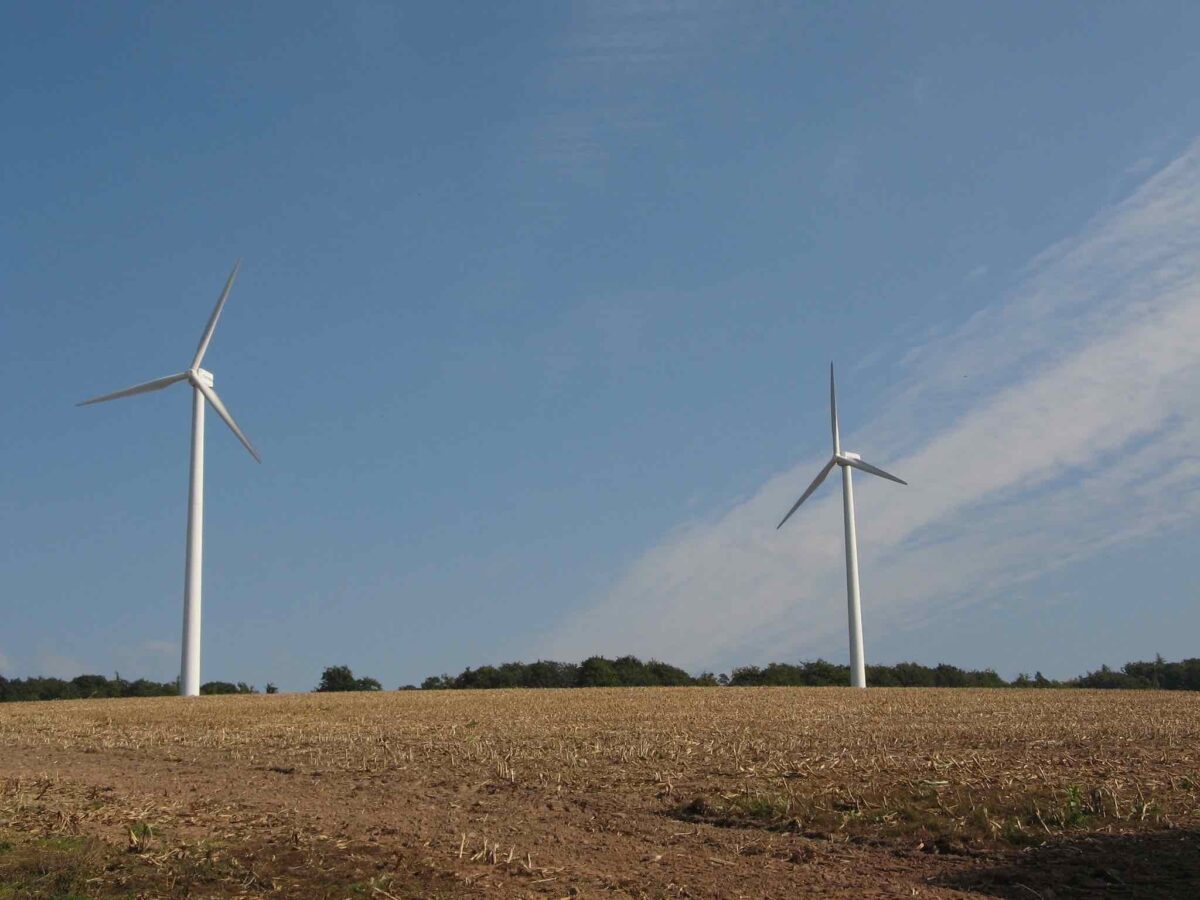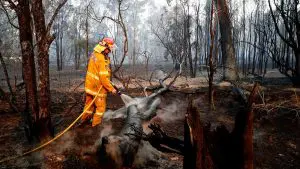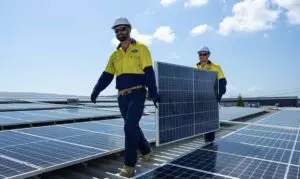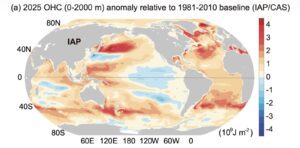The German government’s target of sourcing 80 per cent of the country’s electricity from renewable sources by 2030 is very much achievable for Germany if current positive trends persist, economy minister Robert Habeck has said at a conference on structural economic change in former coal regions.
The minister said that the technical conditions for achieving ambitious renewable power targets are there but that a successful transformation also requires resolve and societal unity to succeed.
Ongoing protests against climate and energy transformation policies have shifted into focus in Germany.
Protests by affected groups, such as farmers, have been used as a vehicle by far-right groups including the anti-climate action party AfD, which hopes to benefit from discontent in upcoming elections in the European Union in June, and in three eastern German states later this year.
Lusatia, the coal region where the conference took place, is one of the proving grounds for achieving a ‘just transition’, which in turn could help fend off attempts by far-right groups to make use of the discontent.
Renewable power expansion in Germany is accelerating and can reach the government’s targeted aim of 80 percent in power production by 2030, economy and climate action minister Robert Habeck said at a conference by the German Federation of Energy and Water Industries (BDEW) in coal mining region Lusatia.
“If we continue at the current pace, we will make it,” the minister said in a report by news agency dpa. Habeck said that Germany was about to “enter the homestretch” in renewables expansion, which allowed the country to source more than half of its electricity from wind turbines, solar panels and other clean sources for the first time in 2023.
“It is solvable, it is manageable,” the Green Party politician said, adding that reduced bureaucracy will help updating existing renewable power capacity with more powerful installations.
At the conference focused on infrastructure development in Lusatia and neighbouring east German coal mining regions, Habeck stressed that grid expansion in parallel remains paramount to completing the energy sector transformation.
He said he was open to discussing a shift from the government’s current stance to prioritise underground transmission cables, which could make grid expansion billions of euros less expensive.
“But this must not lead to delays,” he insisted, arguing that the involved states had to agree on alternative solutions within a few weeks to allow a redrawing of grid expansion plans.
On the back of surging renewable power output, coal-fired power production in Germany fell to the lowest level in 60 years in 2023. However, persistant challenges to economic output that the country has grappled with throughout the double-dip crisis of the coronavirus pandemic and Russia’s invasion of Ukraine were also responsible for slashing coal demand and bringing down greenhouse gas emissions.
Last week, the economy minister stressed the crucial role of decarbonisation technologies in bringing Germany back on a solid path to growth, which remains difficult despite energy prices falling significantly from their record levels during the energy crisis.
Habeck promised to “push through” compensation payments of 1.75 billion euros for local coal plant operator LEAG at the European Commission based on state aid rules, according to a reporter of public broadcaster ARD. The Commission had previously granted similar payouts to RWE, which operates coal plants in western Germany.
However, compensation for RWE was tied to an end of coal-fired power production in 2030 and would be harder to justify if the exit happens only years later or even at the final deadline in 2038. State governments in eastern Germany and the coal industry so far have voiced strong doubts whether an earlier exit is possible for them, citing unresolved questions regarding energy supply and long-term economic transformation.
The economy minister said ongoing talks with the EU about the country’s power plant strategy and auctions for hydrogen-ready gas power plants should be completed “by summer” this year. The strategy has been delayed several times in recent months, sparking warnings from industry groups, including the BDEW, as well as the government of western coal mining state North Rhine-Westphalia that further inaction will make a more ambitious coal phase-out schedule unrealistic.
Coal region proving ground for ‘just transition’
Ahead of its visit to the industry conference, Habeck met with representatives from the German Farmer Association (DBV) to talk about reducing operating costs and bureaucracy for farmers, public radio DLF reported.
Habeck wants to avoid repeated heavy protests by the farming industry that have been used by far-right groups to stoke resistance against the government.
The Green Party politician, who also is vice chancellor in the coalition under Olaf Scholz, said at the conference that finding solutions to the economic challenges awaiting Lusatia and other regions would be paramount in fighting anti-democratic voices in Germany.
“If we don’t solve these problems, democracy is done,” Habeck said.
A small group of protesters also convened in front of the conference venue in Cottbus, the second largest city in the state of Brandenburg. The far-right party Alternative for Germany (AfD) has been surging in polls across Germany, but especially so in eastern states, including Brandenburg, Saxony and Thuringia.
Democratic parties fear that elections in these three states in September this year could embolden a victorious AfD, and other populist groups. Right-wing groups including the AfD are currently riding a wave of discontent among many voters over government plans for energy and climate policy, arguing that these are burdening citizens with higher costs and weakening traditional fossil-fuel based industries.
Lusatia is one of the proving grounds for achieving a ‘just transition’, which denotes the structural change away from fossil fuels towards a decarbonised energy system without producing social hardships and stripping entire regions of the source of their economic prosperity.
The economically weak coal mining region near the Polish border used to be a regional powerhouse in eastern Germany thanks to secure jobs and reliable income generated by the coal industry, but has recently struggled to develop a coherent vision for a post-fossil fuel world.
Demographic decline has been identified as a major obstacle to economic transformation plans in the region, meaning that instead of mass unemployment, Lusatia rather faces a shortage of skilled workers for companies ready to invest in renewable power generation and other future technologies.
The federal government and the states have sought to address transition challenges in the region by reserving tens of billions of euros for establishing Lusatia as a modern energy powerhouse, and incentivising investments from the private sector, an approach that local researchers think is likely to be successful.
However, a lack of plans to improve transport and grid infrastructure to better connect Lusatia to other regions has drawn criticism, and is seen as a key prerequisite to trigger growth and slow emigration.
This article was originally published by Clean Energy Wire. Republished here under a “Creative Commons Attribution 4.0 International Licence (CC BY 4.0)” . Read the original version of the article here.







